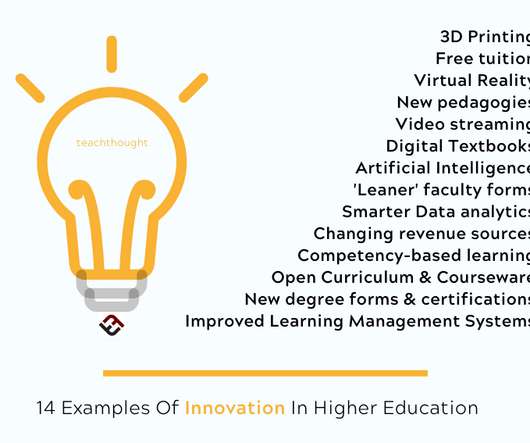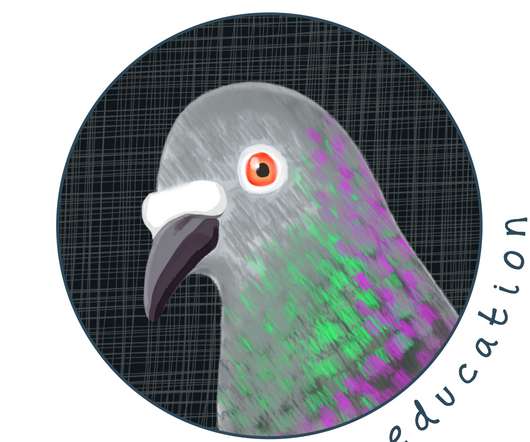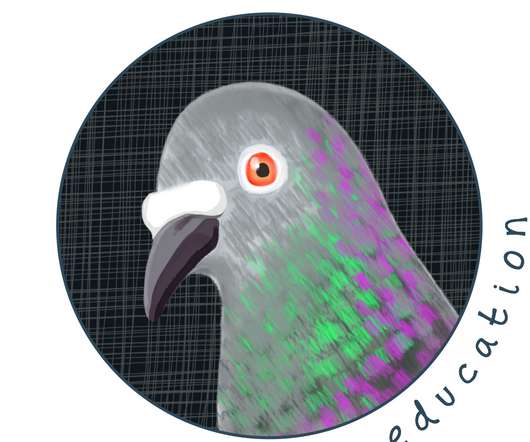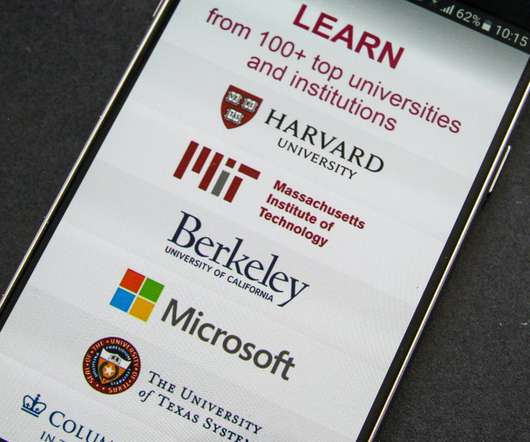MOOCs Find Their Audience: Professional Learners and Universities
Edsurge
JULY 6, 2017
The media started calling this space MOOCs or Massive Open Online Courses, a term coopted from a 2008 experiment. The narrative in early days of MOOC space was around disruption of universities. Not all MOOC providers shared this narrative, but this was the one that the media stuck with it.











































Let's personalize your content